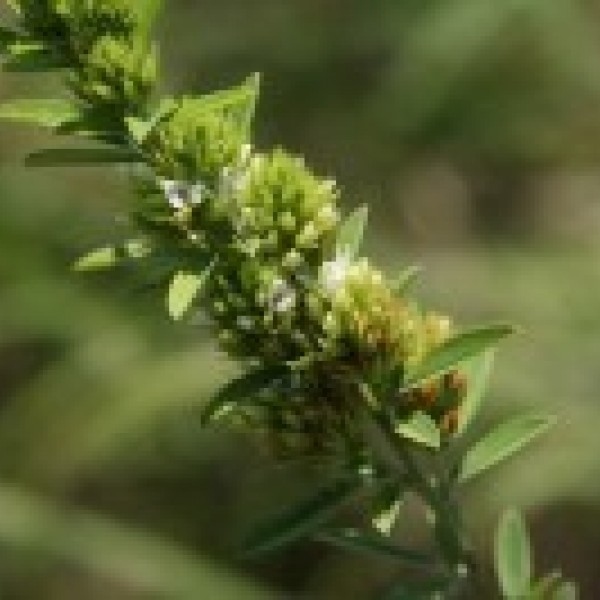
Seed dormancy, germination, and seedling establishment of Lespedeza capitata and L. virginica in response to climate change 2016
CBG/McDonald Woods and other locations
Ecology
Critical components of plant replacement (regeneration) include seed dormancy loss, germination, and seedling establishment. These components, in particular, show potentially greater sensitivity to climate change then do subsequent development stages. While temperature and moisture are critical factors for these early developmental stages, other factors such a soil texture, nutrient level, pH, luminous intensity, and light spectrum could all be influential in these stages.
As a pilot to a proposed large-scale study of plant regeneration in three monophyletic native Lespedeza species (L. capitata, L. virginica, and L. leptostachya) we will perform purposely small scale germination trials exploring these various factors to explore proof-of-concept, and to fine-tune our protocols. Full implementation of the larger study will focus on determining; tolerance ranges for dormancy loss and germination, seedling establishment dynamics in current and future climates, and demographic consequences of seed germination and seedling establishment. Our pilot study will focus primarily on dormancy loss and germination. Depending on days required for germination (and ultimate successful germinations), we may be able to explore seedling establishment.
Since L. leptostachya is federally listed as a threatened species, we will focus on the more broadly distributed L. capitata and L. virginica for which seeds are commercially available. At the conclusion of each germination experiment, seed viability will be assessed via cut test and germination percentages will be calculated based on number of viable seeds. It is anticipated that data will be analyzed with generalized linear models (GLMs) with binomial error distribution and logit-link function (using the statistical package R).
